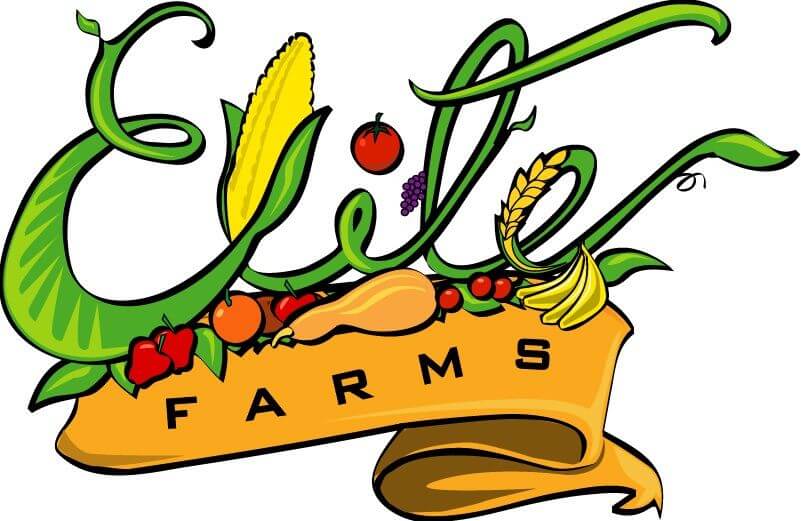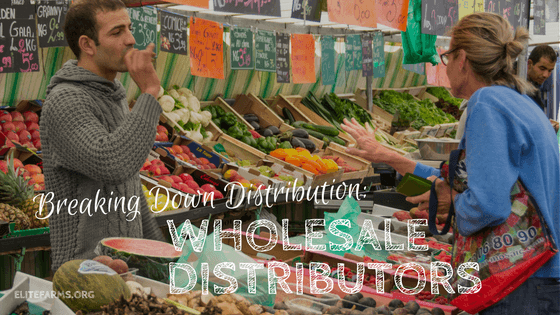As a leading wholesaler in the New York City area, we here at Elite Farms have a deep appreciation for the role wholesale distributors play in the greater distribution picture. Wholesalers create more opportunities for farmers and producers to sell their products as well as retailers to source a wider variety of products. That being said, this major step in the distribution chain, seems to get overlooked in the grand scheme of things between the easily identifiable producers and retailers.
The Inevitable Evolution
In the digital era, products are more accessible than ever. E-commerce giants continue to expand into the food industry, and food retailers face harder times competing. Wholesalers have also felt the disruption as producers are more accessible and processes streamline.
It’s important to remember that the window for wholesalers isn’t closing though, but rather facing a redesign. Change in any industry is inevitable, which requires adaptability. Given the current state of the distribution industry, wholesalers are left with one option – evolve. This isn’t a bad sign either. As Alan Siger says, “The fact is, the industry has always been changing, just not at its current pace. Apart from the handful of major metropolitan terminal markets, where merchants continue to thrive, today’s progressive produce wholesalers barely resemble those from 40 years ago.”
How Wholesalers Help in Distribution
Wholesalers act as a middleman between producers and retailers. In using a wholesaler, retailers find a wider variety of options and it alleviates the hassle of tracking down and meeting with a host of producers to identify the products that work best for them and their customers. As Devra Gartenstein describes, “When you work with a distributor, you have the chance to make your food product more widely available than if you handled its delivery and distribution yourself. This is especially true if your product has an advantageous shelf life.” As a result, this pitstop is imperative to the success of food retailers and farmers alike.
As described in this report, “The physical infrastructure and facilities at wholesale markets facilitate the reduction of post-harvest losses and promote increased productivity by farmers through produce protection, improved handling operations and easier introduction of innovation and new technology.” In other words, wholesalers create a more productive and streamlined and process for taking fruits and vegetables from the farm to the table. As dietary restrictions and personalized nutrition, in general, becomes increasingly common, these distribution centers create more opportunities and approaches to cater to these niche audiences.

